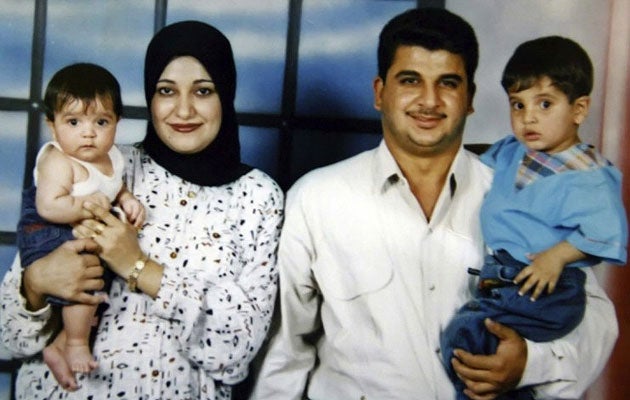Army to be cleared of systematic abuse in Baha Mousa report

A report into the death of an Iraqi civilian while being held in British Army custody in Basra in 2003 is likely to clear the military of systematic abuse and torture, it was reported yesterday.
But the document is expected to criticise the conduct of individual soldiers and highlight "numerous failures" in the chain of command, according to The Sunday Telegraph.
The Gage report into the September 2003 death of Baha Mousa, a Basra hotel worker who died during a 36-hour spell of detention, is expected to condemn the lack of training and preparation British troops received.
Mr Mousa's death remains a blackspot on the reputation of the British military during their presence in Iraq. He was 26 when he was arrested with nine other Iraqis at the Haitham hotel in Basra by soldiers of the 1st Battalion The Queen's Lancashire Regiment (QLR). The postmortem examination stated he sustained 93 injuries while being held.
The judge-led inquiry, chaired by Sir William Gage, was ordered in 2008 and heard evidence from 247 witnesses over 115 days between July 2009 and October 2010.
Yesterday, the Ministry of Defence said the actions that led to Mr Mousa's death were "shameful and inexcusable". A spokesman said: "Lessons have been learned and much has been done since 2003 but we look forward to the inquiry's report and will look carefully at any recommendations they make."
The inquiry heard of the interrogation techniques used by British troops – hooding, deprivation of sleep, food and drink, and wall-standing – outlawed by the British government in 1972 after an investigation into interrogation in Northern Ireland. Senior officers were apparently unaware of the 1972 ban, and were confused or ignorant of their obligations under domestic and international law, the inquiry heard. The detainees' closing submissions noted: "From the chain of command to the medical staff and even to the padre, no one was prepared to speak up for what was right and report what was wrong."
Mr Mousa's 22-year-old wife had died of cancer shortly before his detention, meaning that his two young sons, Hussein and Hassan, were orphaned. The surviving detainees and Mr Mousa's father are now expected to call for a full public inquiry.
Seven 1QLR soldiers, including former commanding officer Colonel Jorge Mendonca, faced allegations relating to the mistreatment of the prisoners at a court martial in 2006-07. But the trial ended with them all cleared, apart from Corporal Donald Payne, who pleaded guilty to inhumanely treating civilians.
Join our commenting forum
Join thought-provoking conversations, follow other Independent readers and see their replies
Comments
Bookmark popover
Removed from bookmarks